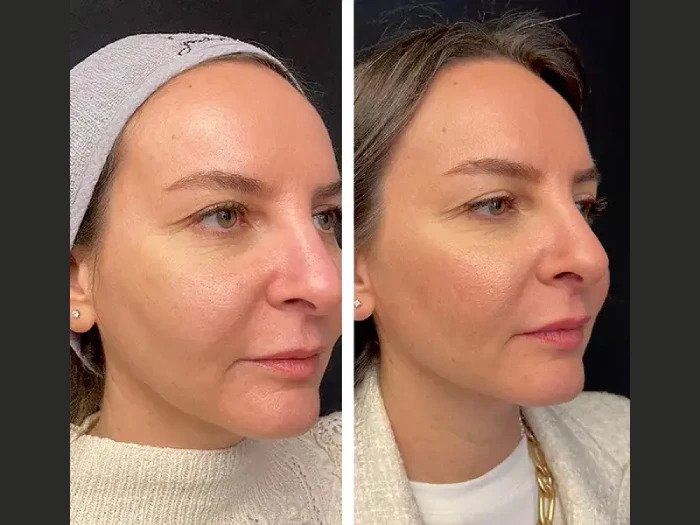As pets get older, their needs change. Just like people, senior animals require extra attention, regular check-ups, and tailored care to stay healthy and happy. In Surrey, many veterinary clinics offer specialized services for aging pets, helping them live a comfortable, fulfilling life during their golden years.
This guide will walk you through the essentials of senior pet care, from health checks to diet changes, so you can give your furry friend the best possible support.
Understanding Senior Pet Needs
Pets age faster than humans. Dogs and cats are generally considered “senior” at around 7–10 years old, depending on their breed and size. As they get older, they may face:
· Reduced mobility from arthritis or joint problems
· Slower metabolism, leading to weight gain
· Weaker immune systems
· Changes in vision, hearing, and dental health
Catching these changes early can make a big difference in their quality of life.
Regular Health Check-Ups for Senior Pets
Older pets benefit from more frequent vet visits — usually every 6 months. These check-ups allow veterinarians to:
· Monitor weight and body condition
· Check heart, kidney, and liver function
· Identify early signs of illnesses like diabetes or cancer
· Provide dental exams and cleanings
Some clinics offering Pet care services Surrey also include senior wellness packages that combine exams, blood tests, and dietary advice at an affordable price.
Nutrition for Aging Pets
Diet plays a key role in keeping senior pets healthy. Your vet may recommend:
· Lower-calorie foods to maintain a healthy weight
· Diets rich in omega-3 fatty acids for joint health
· Increased fiber to support digestion
· Special formulas for pets with kidney or heart issues
It’s important not to change your pet’s diet without guidance, as senior animals often have more sensitive systems.
Exercise and Mobility Support
While senior pets may not be as active as before, they still need regular exercise to stay strong and prevent stiffness. Short, gentle walks for dogs and interactive play for cats can help.
You can also support mobility with:
· Orthopedic beds
· Ramps for easier access to couches or cars
· Joint supplements recommended by your vet
Comfort and Mental Stimulation
Older pets can sometimes become anxious or disoriented. Keeping their environment calm, predictable, and enriched with gentle play can improve their mood and cognitive health. Soft toys, puzzle feeders, and plenty of affection go a long way.
Final Thoughts
Caring for a senior pet is both a responsibility and a privilege. With the right medical care, diet, exercise, and love, your aging companion can enjoy many more happy years by your side.
For compassionate and expert senior pet care in Surrey, Cedar Hills Animal Hospital is a trusted choice, offering tailored treatments and support for your pet’s golden years.
FAQs – Surrey Pet Care for Senior Animals
1. When is my pet considered a senior?
Most dogs and cats are considered senior between 7–10 years old, depending on size and breed.
2. How often should senior pets see a vet?
Every 6 months is ideal for early detection of health issues.
3. Do senior pets need a special diet?
Yes, many benefit from senior-specific diets that support joint, heart, and digestive health.
4. Can exercise harm older pets?
No, as long as it’s gentle and adapted to their mobility level. Avoid overly strenuous activities.
5. Are there signs my senior pet is in pain?
Yes, these include limping, reluctance to move, changes in appetite, and unusual behavior.





